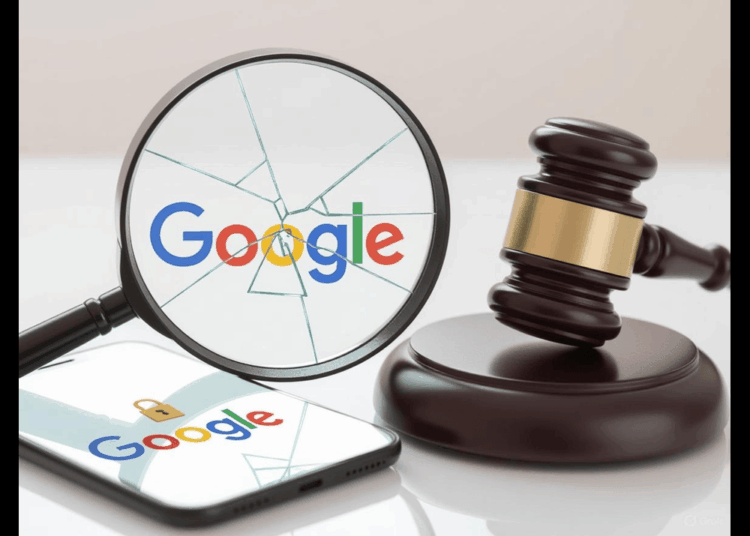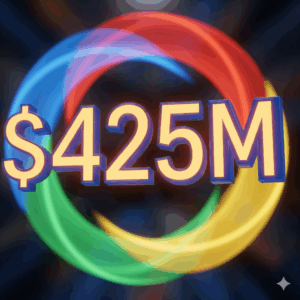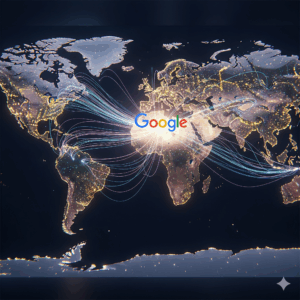A federal jury in San Francisco has ruled that Alphabet-owned Google must pay $425 million in damages for violating users’ privacy rights. The class action lawsuit alleged that Google continued to collect and use user data, even when individuals had switched off tracking features in their Google accounts.
The jury’s decision, delivered on September 3, marks one of the largest privacy-related rulings against the tech giant. While users had sought over $31 billion in damages, the verdict found Google liable on two out of three privacy claims. Importantly, the jury concluded that Google did not act with “malice,” meaning no punitive damages were awarded.
Google Class Action Privacy Lawsuit: Key Details
The class action was originally filed in July 2020, claiming that Google continued data collection through its Web & App Activity setting. Even when users turned off tracking, Google allegedly accessed data via popular apps such as Uber, Venmo, and Instagram, which rely on Google’s analytics services.
U.S. District Judge Richard Seeborg certified the case as a class action, covering nearly 98 million users and 174 million devices. This ruling underscores the scale of the issue and its impact on users who believed their privacy settings protected them.
At trial, attorneys representing users argued that Google’s practices misled customers, giving them the impression that they had control over their personal data. David Boies, one of the lead lawyers for the plaintiffs, expressed satisfaction with the outcome: “We are obviously very pleased with the verdict the jury returned.”
Google’s Defense and Response
Google, however, has strongly denied wrongdoing. Company spokesperson Jose Castaneda stated:
“This decision misunderstands how our products work. Our privacy tools give people control over their data, and when they turn off personalization, we honor that choice.”
Google argued in court that the data collected was “nonpersonal, pseudonymous, and securely stored.” The company emphasized that the information was encrypted and not linked directly to individual users or their Google accounts.
Google plans to appeal the ruling, maintaining that its privacy practices are consistent with user agreements and industry standards.
Wider Context: Google’s History of Privacy Lawsuits
This is not the first time Google has faced legal challenges over privacy issues. In April 2024, the company agreed to delete billions of browsing records to resolve a lawsuit claiming it tracked users in “Incognito Mode.” Earlier in 2024, Google paid $1.4 billion to settle allegations in Texas that it violated state privacy laws.
These cases highlight a broader trend of increased regulatory scrutiny and litigation against tech companies over data privacy. With governments and users becoming more aware of how personal information is collected and used, big tech firms like Google are facing growing legal and reputational risks.
The Significance of the Jury’s Verdict
The $425 million ruling represents more than just a financial penalty. It sends a strong message about consumer trust, transparency, and the importance of clear privacy protections in the digital age. While Google avoided punitive damages, the class action shows the scale of dissatisfaction among users who felt their privacy choices were ignored.
With nearly 100 million users affected, this case could set a precedent for similar lawsuits against other companies that rely on vast amounts of user data to fuel their business models.
As the debate over privacy, data protection, and corporate responsibility intensifies, the Google ruling may influence how courts and regulators view user consent in the future.
Discover more insights on global business and technology trends in IMPAAKT, the top business magazine for leaders shaping the future.














